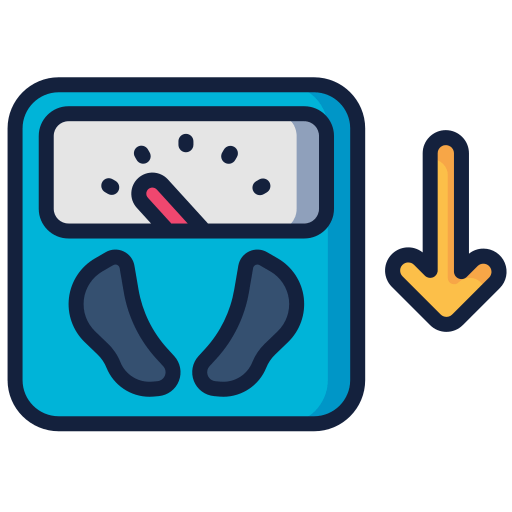
An Exam Stress Reduction diet plan may be required for individuals who experience stress and anxiety related to exams or academic performance. Stress and anxiety can negatively impact cognitive function and performance, and may also have negative effects on overall physical and mental health.
An Exam Stress Reduction diet plan typically emphasizes whole, nutrient-dense foods that support cognitive function and reduce inflammation. This includes foods rich in omega-3 fatty acids, B vitamins, and antioxidants, as well as foods that provide sustained energy and prevent blood sugar spikes and crashes.
Exams can be a stressful time, and a healthy diet can help support your mental and physical well-being during this period. The Exam Stress Reduction diet plan focuses on incorporating foods that support brain function, reduce stress, and promote relaxation.
Here are some key principles of the Exam Stress Reduction diet:
-
Focus on whole, nutrient-dense foods: Incorporate plenty of fruits, vegetables, whole grains, lean proteins, and healthy fats into your meals. These foods provide essential vitamins and minerals that support brain health.
-
Choose foods rich in omega-3 fatty acids: Omega-3 fatty acids are important for brain function and may have anti-inflammatory effects that can reduce stress. Incorporate fatty fish like salmon, sardines, and tuna into your diet, as well as plant-based sources like flaxseeds, chia seeds, and walnuts.
-
Incorporate foods that support the production of serotonin: Serotonin is a neurotransmitter that plays a role in mood regulation and relaxation. Incorporate foods like turkey, chicken, cheese, nuts, and seeds into your diet, which are rich in tryptophan, an amino acid that supports serotonin production.
-
Choose complex carbohydrates: Complex carbohydrates like whole grains, sweet potatoes, and legumes can help regulate blood sugar levels and promote feelings of calmness and relaxation.
-
Limit caffeine and sugar intake: Caffeine and sugar can disrupt sleep and exacerbate feelings of stress and anxiety. Opt for decaffeinated beverages and limit sugary snacks and drinks.
-
Stay hydrated: Dehydration can worsen stress and anxiety. Aim to drink at least eight glasses of water per day.
-
Incorporate herbal teas: Herbal teas like chamomile, lavender, and lemon balm have calming effects and can promote relaxation.
Remember, the Exam Stress Reduction diet is not a substitute for stress management techniques and adequate rest. Incorporating these foods into your diet can be a supportive part of a comprehensive stress management plan.
Trusted by many clients
We have been trusted by more than 10,000 clients.
Hassle free diet food
Our diet is easy to prepare and eat. We guarantee you the tastiest food.
Anytime support
We always support you through your diet plan. Feel free to ask anything anytime.
Guaranteed Transformation
If you follow our diet properly then we will guarantee you your desired output.









